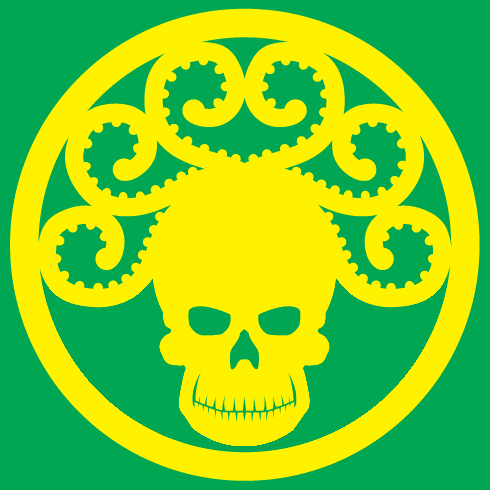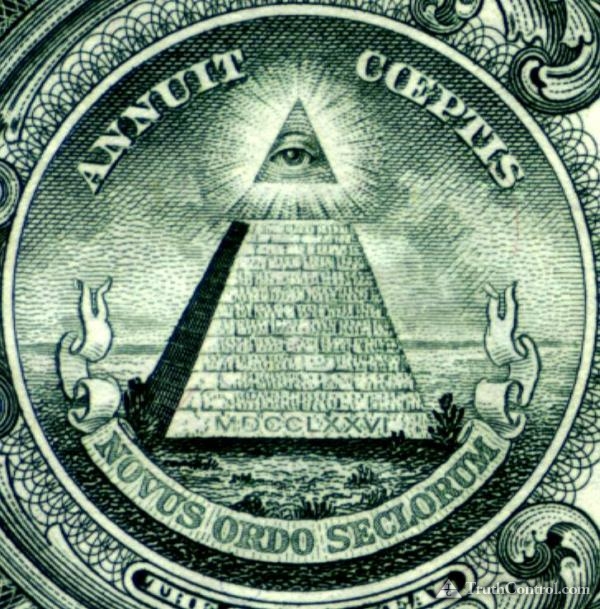Did you think that the section on Corporations in Bulletproof Blues was too cynical? Unrealistic? For example, this section:
Corporations accrue political power by funding politicians who support the corporation’s interests. Typically, political influence is used to increase incomes, eliminate competition, or externalize costs by either enacting or eliminating laws and regulations. For example, the multinational corporation Lastimar used its political influence in the USA to ensure the addition of riders to a multi-billion dollar agricultural appropriations bill. These riders required the Secretary of Agriculture to grant a temporary permit for the planting or cultivation of a genetically engineered crop, even if a federal court were to order the planting be halted until an Environmental Impact Statement could be completed.
(from “Corporations”, Bulletproof Blues)
Did that strike you as too over-top-top? That nothing so blatantly evil would ever happen in the real world?
You might find this interesting…
It seems that while many were focused primarily on sequestration cuts being softened, the Continuing Resolution contained several riders which embrace the poisoning of our food.
The “biotech rider” would have the Department of Agriculture “approve the harvest and sale of crops from genetically modified seed even if there is a court order saying the environmental studies on the crop were inadequate,” and “It will allow farmers to plant, harvest and sell genetically engineered plants even if the crops have been ruled upon unfavorably in court.”
(from “The Freedom To Poison (AKA ‘Monsanto Protection Act’) Snuck Through In Budget Deal”, Political Shake, March 24, 2013




